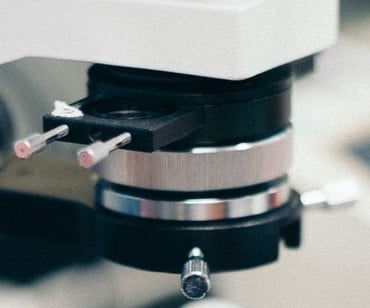
Prolonged artificial weathering of EVA (ethylene-vinyl acetate copolymer) cables was tested with three different PIN flame retardants (ATH aluminium hydroxide @60% from Nabeltec, AlPi aluminium diethyl phosphinate @20% and APP ammonium polyphosphate @20%, both from Clariant). Neat polymer was not tested. The cables, prepared specifically by Leoni Kabel with simplified formulation (PIN FR only, no other additives) had 2 mm copper core and 1.5 mm EVA jacket. The cables were subjected to three different conditions, each for 2000 hours: artificial weathering (cycling -10 to +70°C, an accelerated equivalent to 14 months outside in Berlin), humidity and salt spray. Visual modification of the polymer surface, changes in the polymer (ATR-FTIR) and changes in fire performance were tested after 400, 800, 1200, 1600 and 2000 hours. The authors note significant chemical modification in the polymer with weathering, which would probably occur in neat polymer without FR, including generation of aldehydes, ketones and other complex hydrocarbons. Flame retardance was significantly impacted by weathering: e.g. MARE increased in some cases (up to c.+10%) and decreased in others (down to c.-20%). The authors conclude that all the PIN FR cables did not lose their effective flame retardancy, but that changes are non-linear, so that longer duration tests would be needed to understand how the cables would perform after ten or more years.
“Durability of the flame retardance of ethylene-vinyl acetate copolymer cables: Comparing different flame retardants exposed to different weathering conditions”, Y. Tan et al., J. Applied Polymer Science 2020, DOI: 10.1002/APP.47548